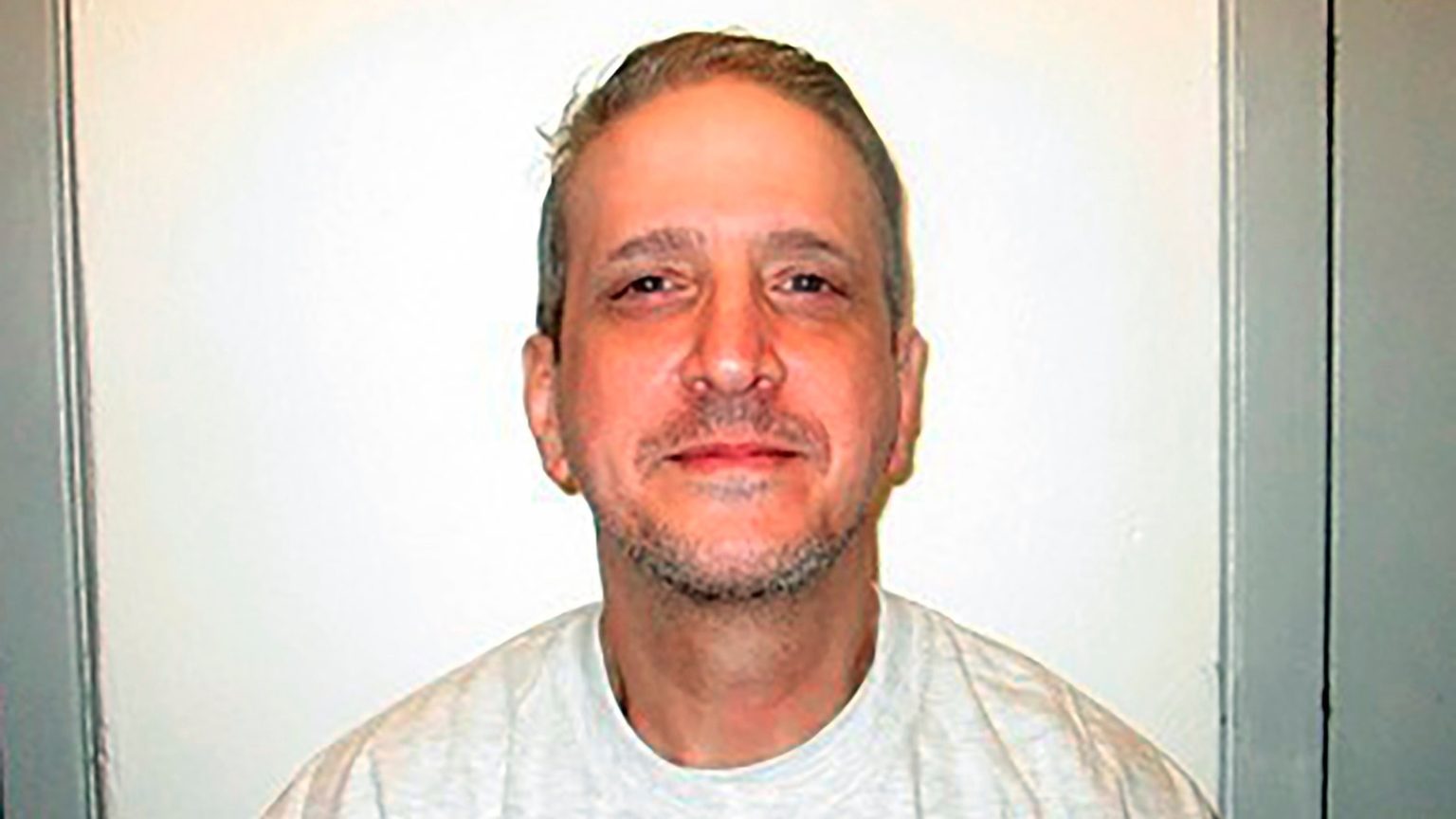A New Trial for Richard Glossip: A Supreme Court Ruling on Justice and Fairness
Introduction: A Historic Ruling in a Decades-Long Case
The U.S. Supreme Court made a groundbreaking decision on Tuesday, granting Richard Glossip, an Oklahoma man convicted of murder, a new trial. Glossip, who has faced execution nine times and served his "last meal" three times, has now been given a chance to prove his innocence after decades of failed appeals. The 5-3 ruling underscored critical errors by prosecutors that violated Glossip’s constitutional rights, specifically his right to due process under the 14th Amendment. This case, which has spanned over 25 years, highlights the complexities of the criminal justice system and the enduring debate over capital punishment.
The Case of Richard Glossip: A Murky Conviction Without Physical Evidence
Richard Glossip was convicted in 1998 for the murder of his former boss, motel owner Barry Van Treese, who was brutally killed in 1997. The conviction relied almost entirely on the testimony of Justin Sneed, the confessed killer, who claimed that Glossip had paid him to commit the crime. However, Sneed later recanted his statement, and no physical evidence linked Glossip to the murder. Despite this, Glossip was sentenced to death, largely based on Sneed’s testimony. Sneed, who received a life sentence in exchange for testifying against Glossip, had a history of mental health issues, including a diagnosis of bipolar disorder and the use of psychiatric medication—facts that were not disclosed during the trial.
Prosecutorial Misconduct: A Violation of Constitutional Rights
The Supreme Court’s decision centered on prosecutorial misconduct, specifically the failure to correct false testimony. Justice Sonia Sotomayor, writing for the majority, emphasized that the prosecution had a constitutional obligation to ensure the truthfulness of witness testimony. Sneed’s credibility was already questionable, but the prosecution’s failure to disclose his mental health issues and medication use further undermined his reliability. Sotomayor noted that had the prosecution corrected Sneed’s testimony, it would have revealed his untrustworthiness to the jury, potentially altering the outcome of the trial. The Court concluded that this omission violated Glossip’s right to a fair trial.
A Rare Shift in Position: Oklahoma’s Attorney General Advocates for a New Trial
In a surprising turn of events, Oklahoma’s Republican Attorney General, Gentner Drummond, who is a staunch supporter of the death penalty, came out in favor of a new trial for Glossip. Drummond, after reviewing the trial record, stated that the death penalty should be based on the rule of law rather than ideology or politics. While he does not believe Glossip is innocent, he acknowledged the critical errors in the original trial and the need for fairness in the judicial process. His stance has been met with significant opposition, as some have criticized his decision as politically unpopular.
Reactions to the Ruling: A Divided Supreme Court and a Family’s Plea
The Supreme Court’s decision was met with sharp divisions, as Justices Clarence Thomas, Samuel Alito, and Amy Coney Barrett dissented. Justice Thomas argued that the Court overstepped its authority by overriding Oklahoma state courts, which had previously refused Glossip a new trial. Thomas also criticized the majority for finding a due process violation based on what he considered "immaterial" testimony about Sneed’s medical condition. Meanwhile, Glossip’s attorney, Don Knight, hailed the ruling as a victory for justice and fairness, emphasizing that Glossip will now have the opportunity for a fair trial—something he has been denied for 27 years. On the other hand, the Van Treese family, who lost their loved one to the crime, had urged the Supreme Court to uphold Glossip’s conviction, expressing their continued belief in his guilt.
Conclusion: A Victory for Justice and a Reminder of Systemic Flaws
The Supreme Court’s decision in Richard Glossip’s case is a significant step toward ensuring fairness in the criminal justice system. It underscores the importance of prosecutorial integrity and the constitutional right to a fair trial. While the ruling does not exonerate Glossip, it acknowledges the flaws in the original trial and provides him with a chance to prove his innocence. This case serves as a stark reminder of the complexities and challenges inherent in capital punishment cases, where the stakes are life and death. As Glossip prepares for his new trial, the nation remains divided on issues of justice, fairness, and the death penalty.















